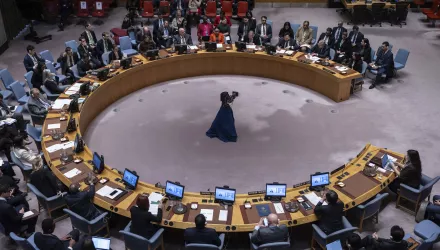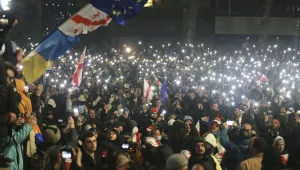How are the costs of defense and of war distributed within democracies? How does variation in the distribution of these costs affect international conflict? A near-general consensus in political science exists that democracies are risk-averse in the wars they fight, are less threatening to other states, and rarely engage in overexpansion. Most scholars explain this as a function of the "internalization of costs"; the people who pay the costs of war (the average citizen) are also the holders of political power (through the vote).
This paper challenges this consensus by arguing that the average voter will find the aggressive use of the military more appealing if the costs can be shifted to a wealthy minority by developing heavily capitalized armed forces. Extreme cases of redistribution result in democratic militarism, in which the median voter supports the building of an excessively strong military, believes in its efficacy as a tool for international politics, and shows a heightened willingness to employ it. The median voter is as happy to go to war as any unitary actor or despot (indeed perhaps even more so) as long as she can get someone else to pick up the tab.
Coffee and tea provided. Everyone is welcome, but admittance will be on a first come–first served basis.




